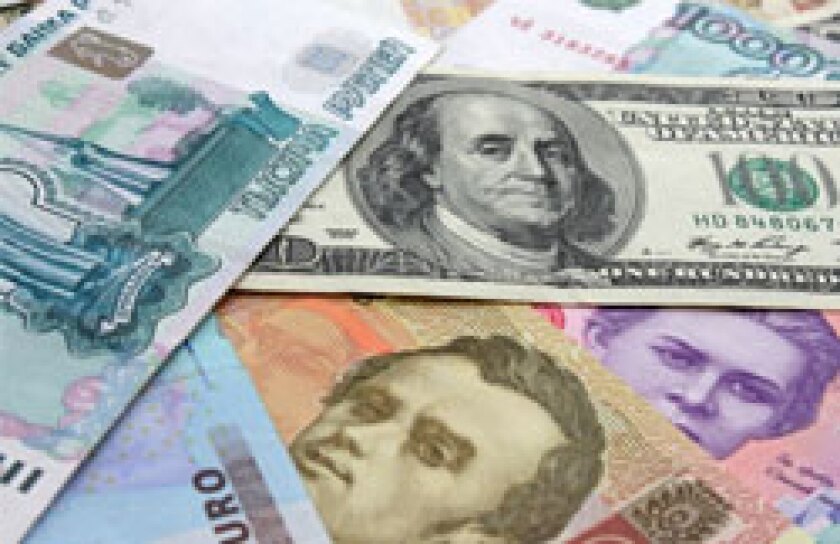“Turkey's central bank has managed to engineer boredom,” according to Societe Generale’s foreign exchange strategist Benoit Anne.
“What I am referring to here is the TRY, which has become the most boring currency in the EM universe, compliments of the central bank. The TRY simply does not move anymore,” he said.
The Turkish central bank has implemented an unorthodox monetary policy aimed at controlling the Turkish lira’s appreciation while at the same time keeping inflation in check; it has sparked criticism but also praise among market watchers.
In late 2010 and early 2011, Turkey cut interest rates and raised banks’ reserve requirement ratios to combat inflation by curbing credit growth while trying to fend off capital inflows by depreciating the currency.
The bank also resorted to adjusting overnight lending rates, one-week repo rates and currency intervention among its unorthodox policy measures as part of a strategy to shift growth from a domestic demand-driven to an export-driven model.
“The currency is among the least volatile compared to emerging market currencies, the external balance is improving, and inflation is seen to fall to the target of 5% by mid-2013 despite elevated food and energy prices,” Turkish central bank governor Erdem Basci told Emerging Markets in October.
For the Turkish lira, “boring is good,” said Anne, because it means that the TRY is outperforming in risk-off days and that it is “amazingly attractive” from a volatility-adjusted carry perspective.
“This is excellent news for real-money investors as it means that the FX exposure is no longer a risk factor when deciding to buy local currency bonds,” he said.
HOLIDAY CURRENCY
With holidays approaching, some currencies will fare better than others during the holiday period due to various seasonal factors.
David Hauner, an analyst with Bank of America Merrill Lynch, said December was bad for the Czech crown (CZK) and the Russian ruble (RUB) but good for the South African rand (ZAR). The ruble tends to be weaker in December and the first quarter, probably because of the pattern of liquidity injection through the budget, which picks up in December and is mopped up in the first months of the year, Hauner said.
“In contrast, the RUB shows summer strength, likely due to the lagged impact of a slowdown in imports after the new year orders boom has petered out,” he added.
The Czech crown underperforms in December, likely due to the holiday-driven deterioration of the trade balance because of rising imports and repatriation of earnings by foreign investors, but in the rest of the year seasonality is “quite moderate,” said Hauner.
The South African rand is generally strong in December most likely due to “seasonal improvement in the trade balance toward year-end,” he added.
“ZAR’s seasonality is the most pronounced in the region, with strength from November to April and weakness otherwise,” Hauner said.
